Japan and Zambia Strengthen Development Partnerships Ahead of TICAD9
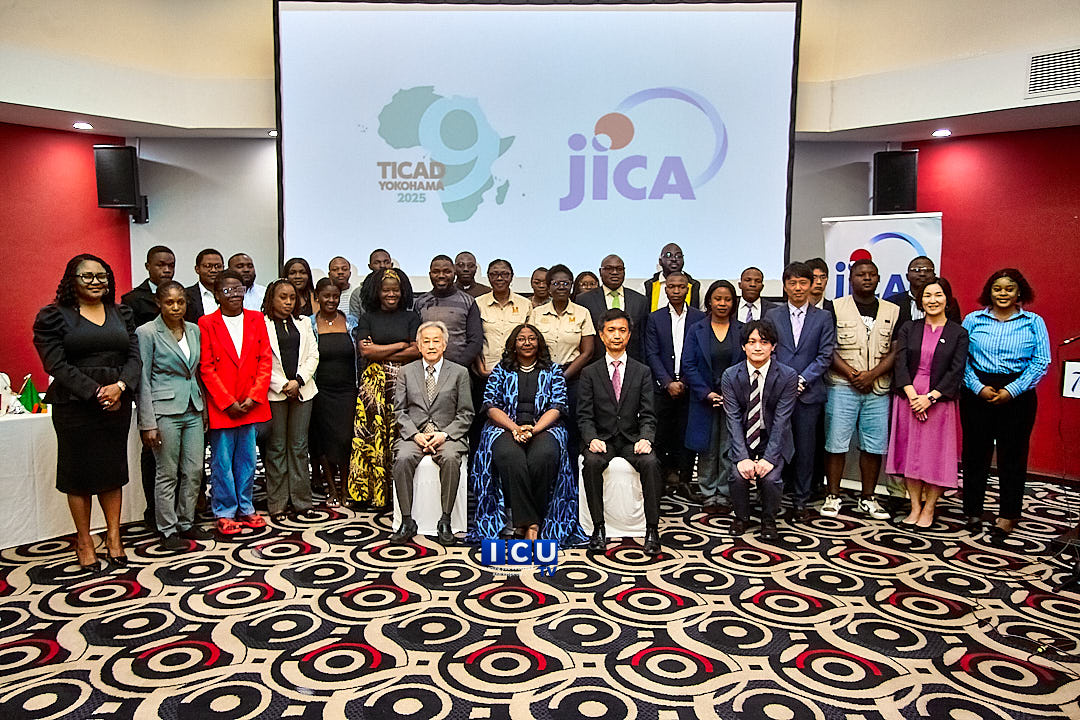
Lusaka, Zambia — August 19, 2025: As Zambia prepares to participate in the historic Ninth Tokyo International Conference on African Development (TICAD9) in Yokohama from August 20-22, Japanese and Zambian officials convened a media breakfast in Lusaka to outline ongoing cooperation and highlight opportunities for sustainable development.
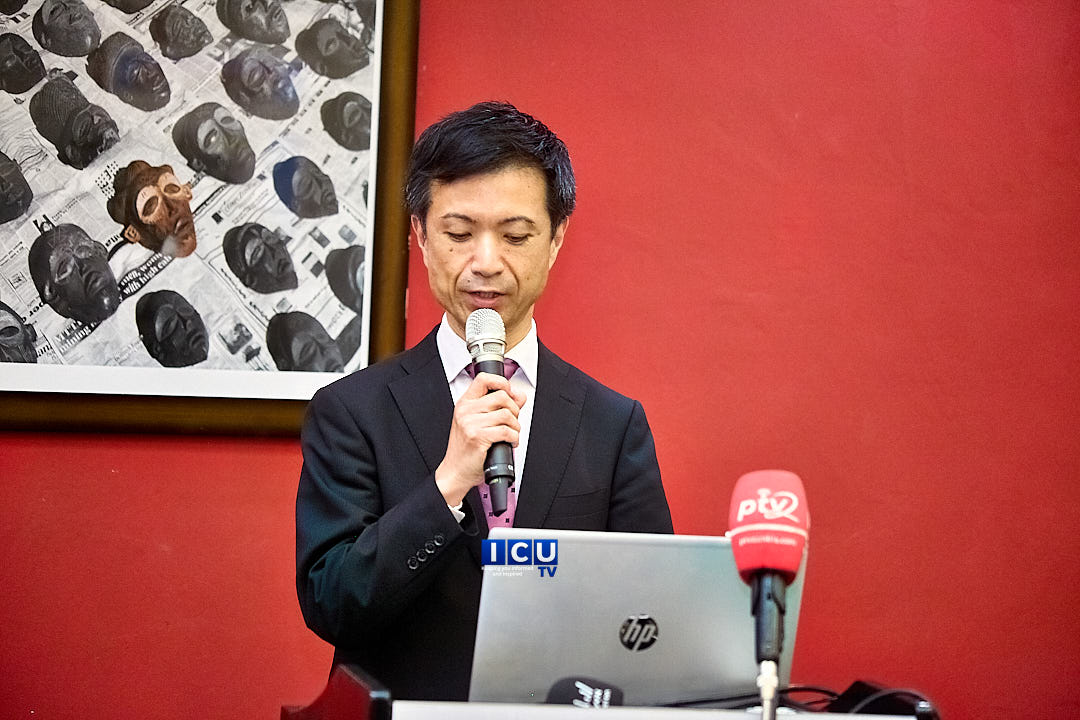
The event opened with Mr. Tateyama Jotaro, Chief Representative of JICA Zambia, who emphasized that TICAD9 goes beyond conventional investment forums. “While many international summits focus on individual investment deals, TICAD represents something profoundly different—comprehensive development scenarios that address Zambia's structural transformation needs,” he said.
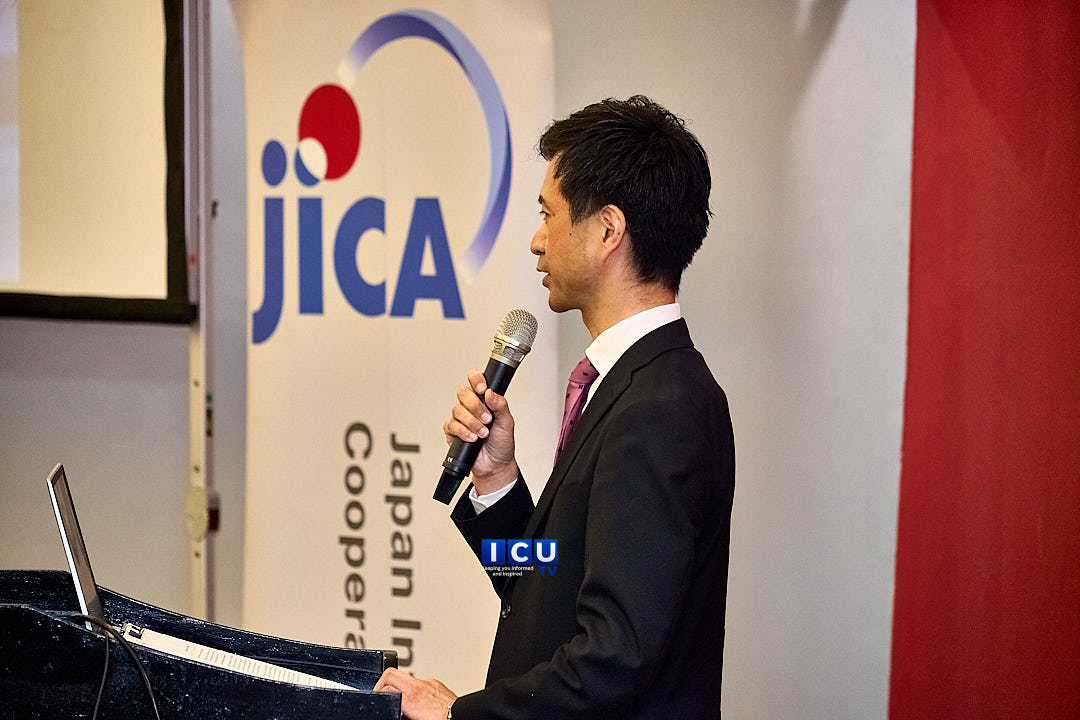
Mr. Jotaro outlined Japan’s approach to TICAD9 through three perspectives: harnessing youthful energy to drive innovation, co-creating solutions with partners to tackle complex challenges, and strengthening sustainable and inclusive international cooperation. Highlighting infrastructure as a catalyst for economic transformation, he cited the Nacala Corridor development, which connects Zambia’s agricultural and mineral wealth to international markets through Mozambique’s Nacala Port. “This corridor is not merely about building roads or improving logistics—it has the potential to enhance food security, create employment, facilitate intra-African trade, and position Zambia as a regional hub for value-added exports,” he said.
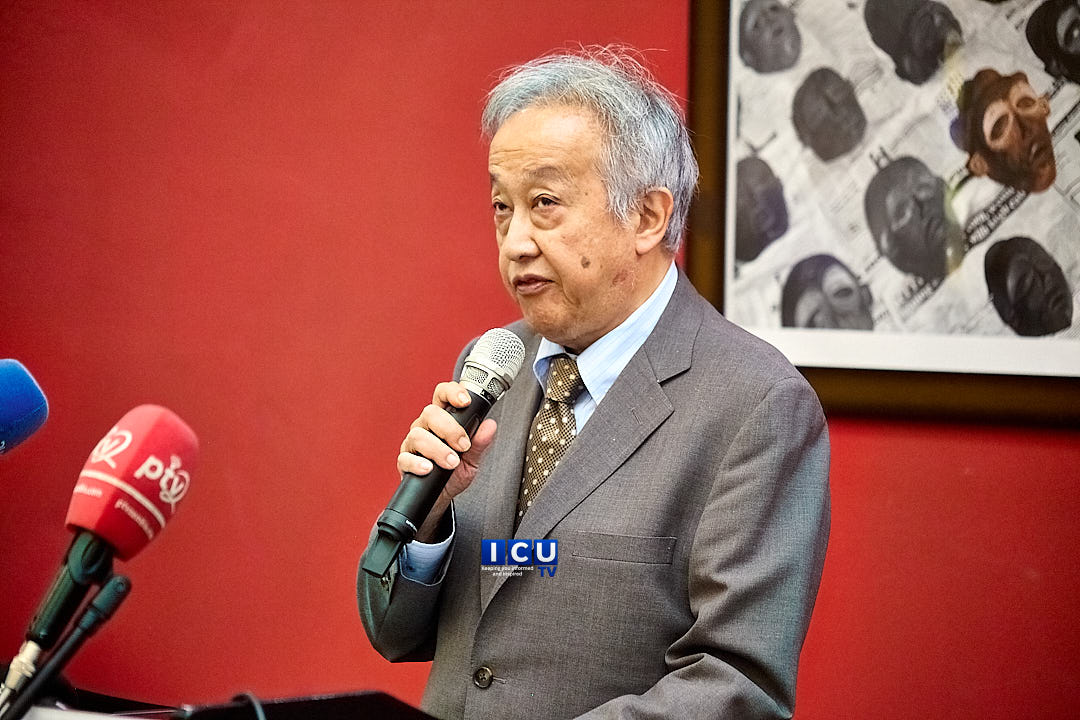
H.E. Takeuchi Kazuyuki, Ambassador of Japan to the Republic of Zambia, stressed the historical importance of Japan-Zambia relations and TICAD’s role as a platform for African development. “Since its inception in 1993, TICAD has placed great importance on sincere engagement with Africa and on building partnerships through dialogue with the spirit of ‘ownership’ and ‘partnership.’ The upcoming TICAD will serve as a vital platform to support Africa’s sustainable development in the post-COVID era and address global challenges such as climate change, health, and peace and stability,” he said.
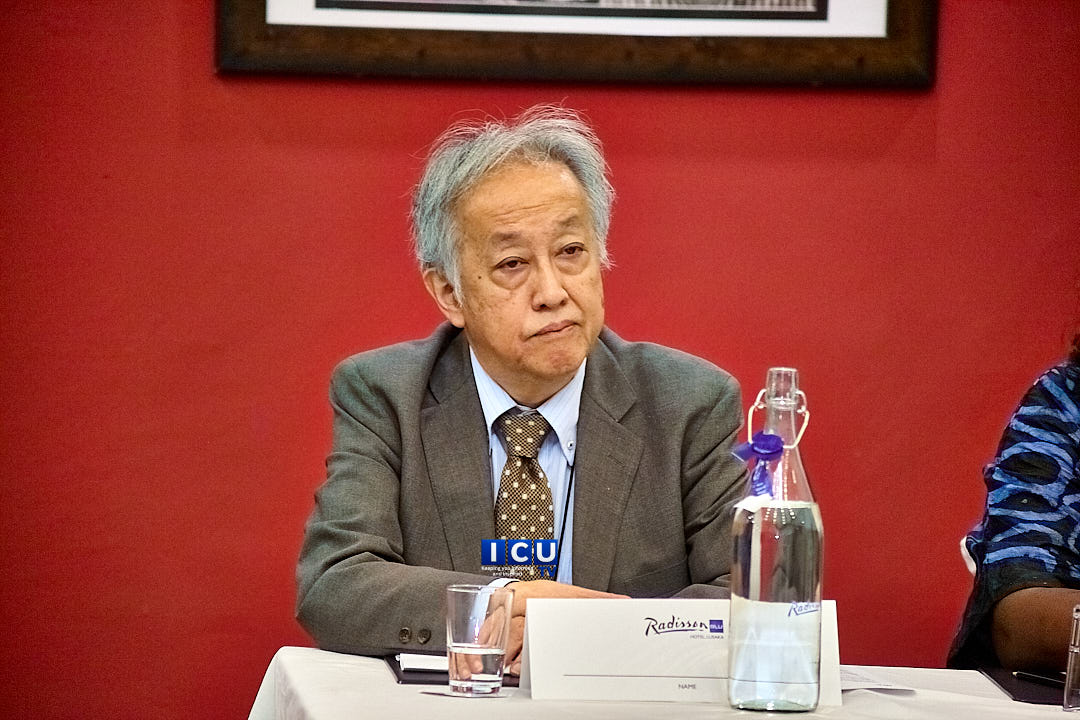
The ambassador also highlighted the media’s pivotal role. “Your engagement and accurate reporting will be vital in ensuring that these stories reach the broader public, inspiring further collaboration and mutual understanding,” he added.
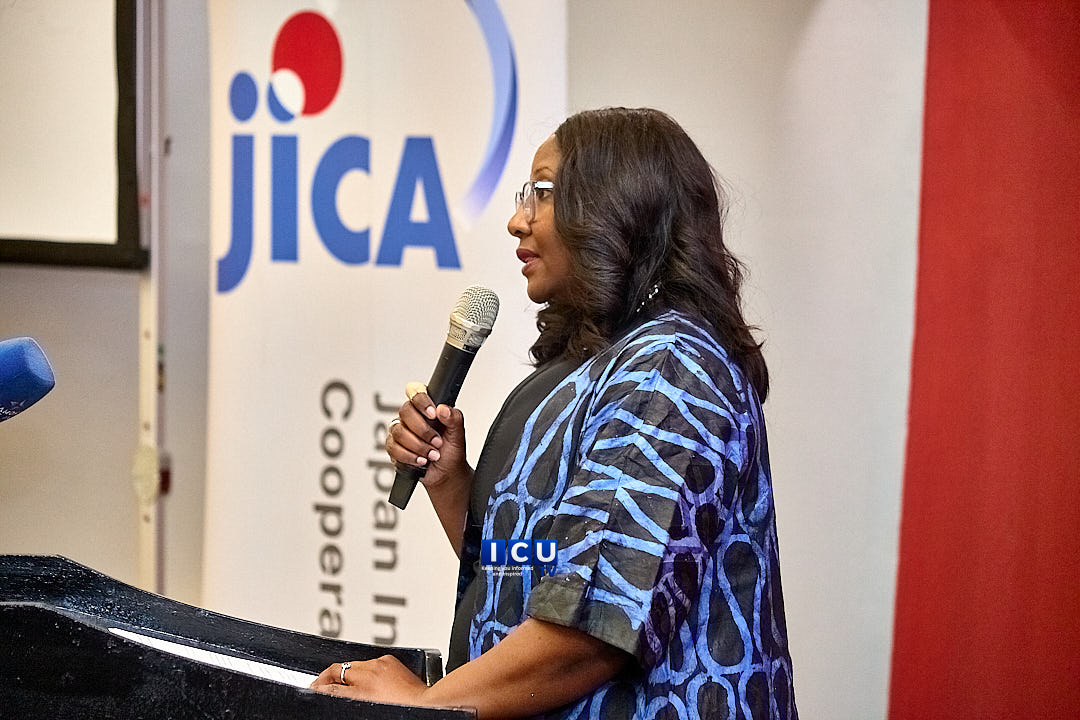
Mrs. Etambuyu Anamela Gundersen, Permanent Secretary at the Ministry of Foreign Affairs and International Cooperation, affirmed Zambia’s commitment to TICAD9 and the partnership with Japan. “TICAD represents an important platform for Zambia to showcase our development achievements and strategic priorities. Japan’s support has been instrumental in sectors such as health, education, infrastructure, and economic empowerment, and we are committed to leveraging this partnership to achieve inclusive growth for all Zambians,” she said.
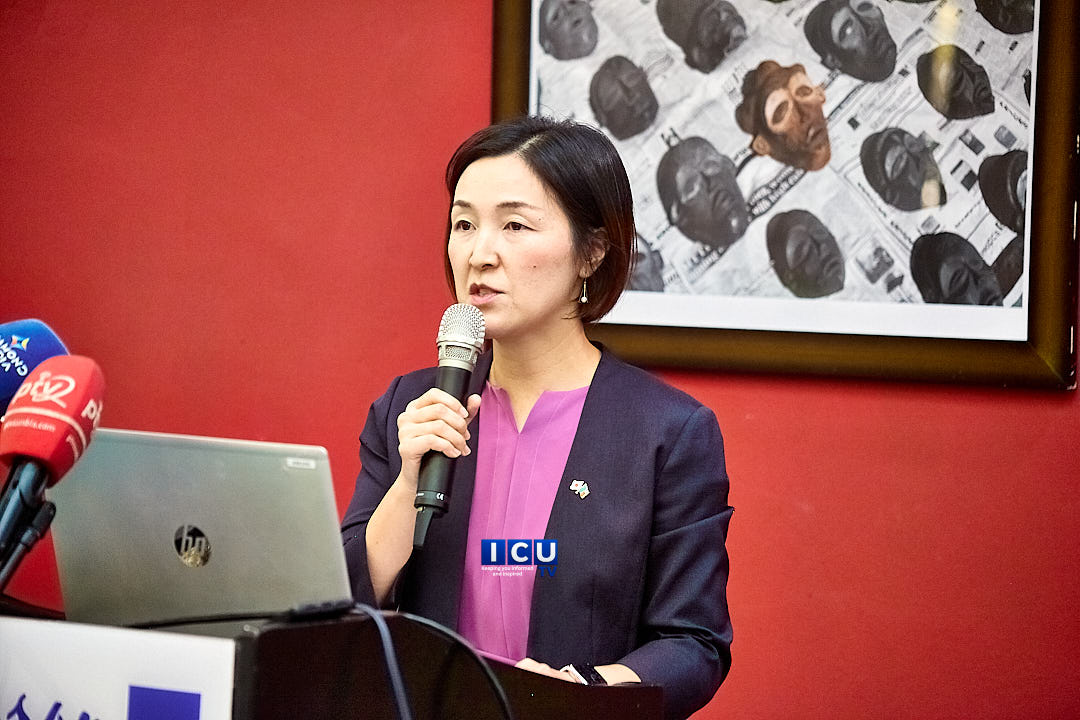
Ms. Ozawa Nobue, presenting on TICAD9 itself, outlined the conference’s key objectives, which focus on co-creating Africa’s future through youth empowerment, innovation, regional integration, and sustainable development. She emphasized Japan’s approach of fostering homegrown solutions and collaborative engagement with African nations, including Zambia, to address pressing challenges.
JICA Zambia’s Overview provided further insights into their multifaceted programs. These include technical cooperation, grant and loan assistance, volunteer programs, and capacity-building initiatives. In Zambia, JICA has supported agriculture, infrastructure, health, education, and private sector development, benefitting over 70,000 small-scale farmers and improving livelihoods through initiatives like community-based irrigation and SME empowerment.
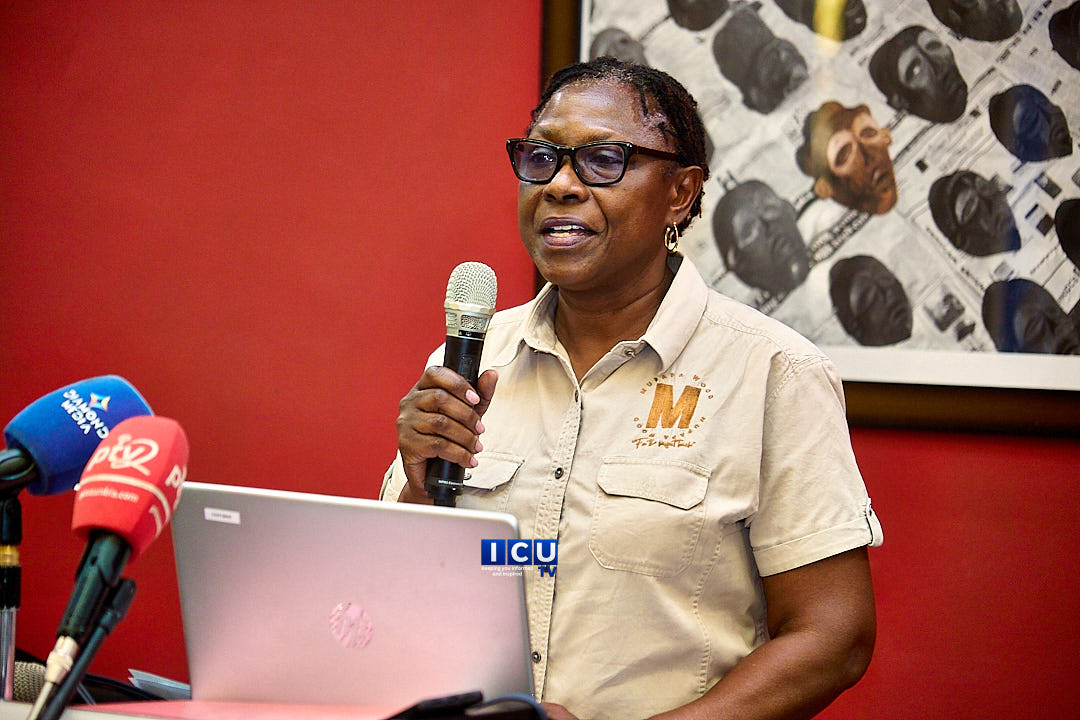
The event also featured a success story from Ms. Ruth Chande, Founder and CEO of Mupapa Wood Ltd, who participated in JICA’s SME empowerment program. “When we started, Mupapa Wood had eight employees. Through the JICA program and Kaizen methodology, we now employ 43 people, have improved our operations, and showcased our furniture at international fairs in Japan,” she said. Ms. Chande highlighted how training, mentorship, and grants from JICA and the Ministry of SME Development helped the company enhance productivity, quality, and business growth.
“This program opened our eyes on how we can improve every aspect of our business. We have learned to keep better records, organize our workshop, and even increase profitability,” Ms. Chande added. She expressed optimism about the company’s future and ongoing collaboration with Japanese partners.
The media breakfast concluded with a call for continued engagement. Officials urged journalists to amplify Zambia’s development achievements and the impact of Japan’s partnership, ensuring that the narrative around TICAD9 reflects not only international cooperation but also local empowerment, innovation, and sustainable growth.
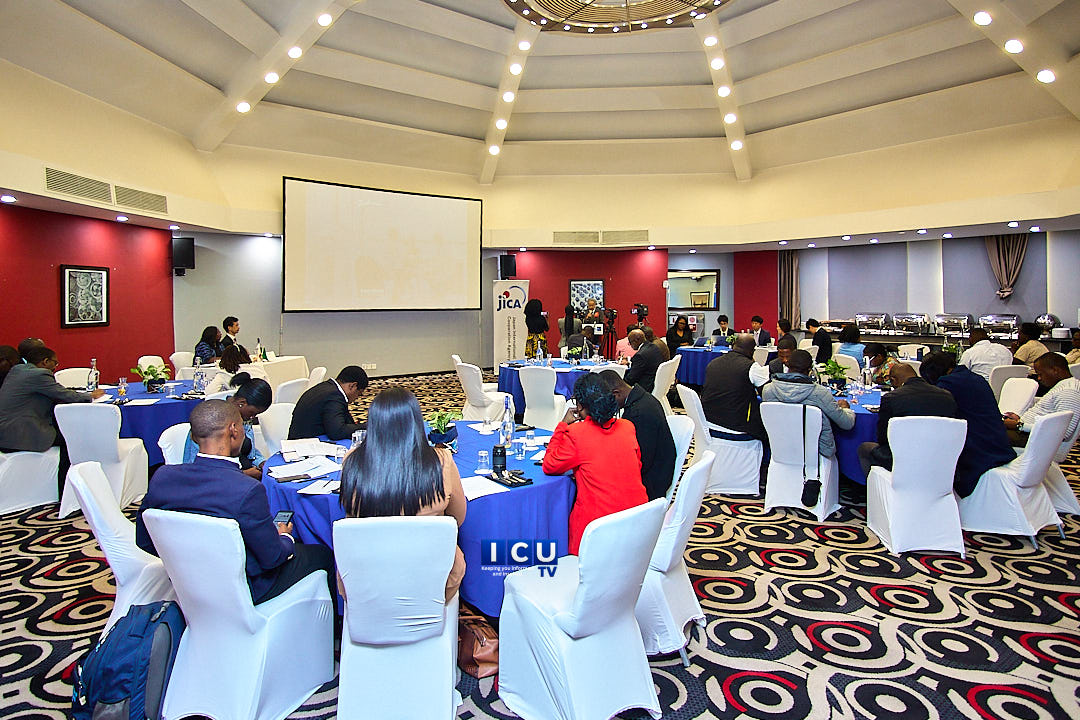
Through initiatives like TICAD9, the Nacala Corridor, SME programs, and community-based projects, Zambia and Japan continue to demonstrate how strategic, partnership-driven development can transform communities, strengthen institutions, and position the nation as a regional hub of progress.
